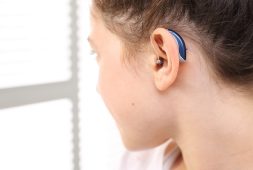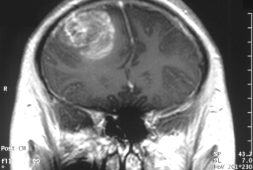11. Tremble or twitch

Anxiety affects millions of Americans, causing anxiousness, difficulty focusing, shivering, and muscular tightness. Anxiety can produce shakiness on its own, but it can also amplify an existing tremor. It’s crucial to remember that if you already have a movement problem, such as essential tremor, anxiety can increase symptoms – but anxiety isn’t the fundamental cause of ET. Furthermore, some ET patients may suffer higher anxiety in circumstances when their tremor is more visible, such as eating in public or holding a paper while making a presentation. Understanding how anxiety affects essential tremor and avoiding anxiety-provoking circumstances might help you manage your ET symptoms better. Anxiety is your body’s natural response to stress, and it causes you to fight or flee. It protects you from getting harmed or worse in unsafe circumstances. However, anxiety can be triggered even in non-threatening settings. Many people, for example, suffer from social anxiety disorder (SAD), which causes nervousness in regular social circumstances such as a party or performance. Anxiety can induce shaky hands and tremors, among other symptoms that we’ll look at later.
That being said, if you have both hand tremor and anxiety, you should consult a doctor. Although a tremor may be transient and caused by stress, a persistent tremor or shaking that happens during certain motions may be a symptom of underlying health problems or essential tremor. Although most people identify tremor with Parkinson’s disease (PD), shaking hands are not usually indicative of the condition. In fact, essential tremor is the most prevalent movement disease that can manifest as shaky hands. When you are under chronic or severe stress, your body might go into fight-or-flight mode. When you are stressed, your body produces more epinephrine (adrenaline), which can result in an increased heart rate, high blood pressure, and a quick respiratory rate. Another stress hormone, norepinephrine, is also produced and is implicated in the expression of these physical signs of anxiety. Because anxiety primes your body to react to an external “threat,” your muscles may twitch, quiver, or shiver when you’re concerned.



